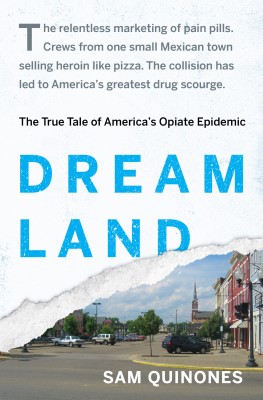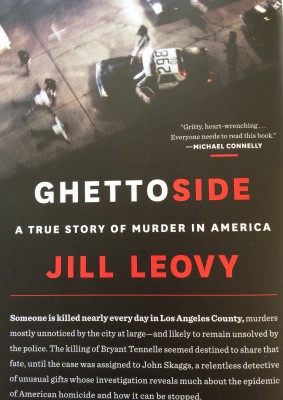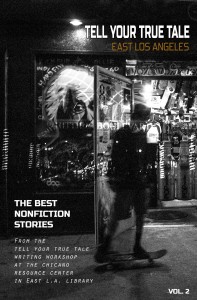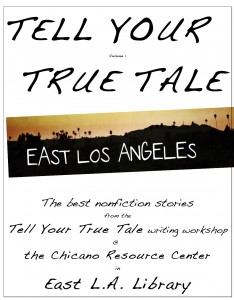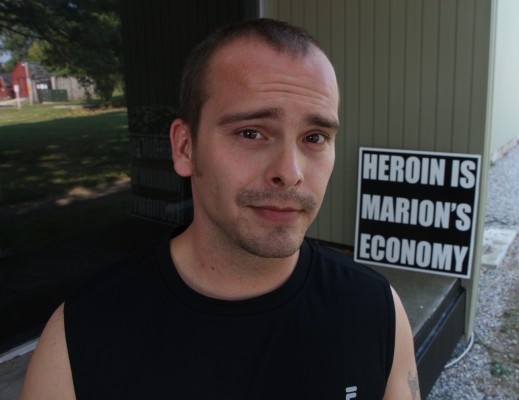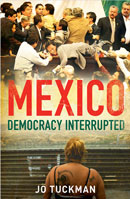Another family has stepped up to acknowledge in an obituary that a child has died of a heroin overdose.
Daniel Joseph “DJ” Wolanski, of Mahoning County in Ohio, died April 20. Read his obituary.
It must be so difficult for this family to come forward and say this publicly. But this scourge has spread because so many people before them have kept quiet, allowing the rest of us to imagine that the problem really isn’t as bad as it has become.
So it’s important to acknowledge the courage of those who do step up, speak publicly.
The obituary reads….
“Over the course of DJ’s life, he made many bad decisions including experimenting with drugs. Unfortunately, his five year addiction and battle with heroin took over. His family and friends truly loved him and tried everything from being supportive to tough love as he struggled with his own inner demons and heroin. …
“DJ often talked about the growing number of friends that he had lost to this destructive drug and how it destroyed families. They used to say it takes a community to raise a child. Today, we need to say that it takes a community to battle addiction. Someone you know is battling addiction; if your “gut instinct” says something is wrong, it most likely is. Get involved. Do everything within your power to provide help. Don’t believe the logical sounding reasons of where their money is going or why they act so different. Don’t believe them when they say they’re clean.”
Profound words – the way to attack a drug that turns every addict into a silo, a loner wrapped in a cocoon – is through community.

